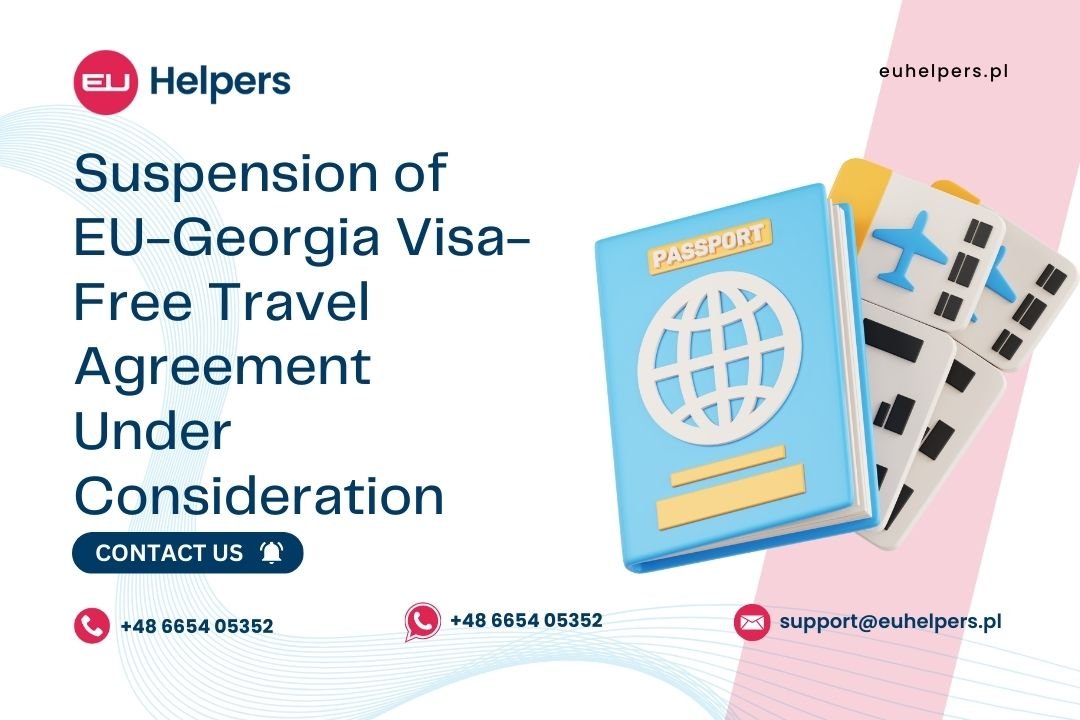The European Union is currently debating the potential suspension of its visa-free travel agreement with Georgia. The issue has gained attention due to concerns over the country’s democratic trajectory and the upcoming parliamentary elections scheduled for October 16.
According to a draft resolution, discussions around the suspension were prompted by fears that Georgia’s elections may not meet international standards. The European People’s Party (EPP) has argued that if the elections are compromised or Georgia fails to meet the criteria for visa liberalisation—particularly in areas such as fundamental rights—the EU should consider temporarily halting the visa-free regime.
In a separate proposal, the European Conservatives and Reformists Group (ECR) has suggested that any consideration of visa suspension should follow the imposition of personal sanctions on members of Georgia’s ruling party and a prominent oligarch.
Concerns about Georgia’s political trajectory have intensified, with some noting the country’s increasing alignment with Russia under its current government. However, many citizens remain committed to a European future. Urmas Paet, a member of the Renew Europe group, highlighted that despite the government’s drift away from the EU, the majority of Georgians still support closer ties with Europe.
EU Ambassador to Georgia, Pawel Herczynski, expressed concern over the European Parliament’s focus on Georgia, calling it a troubling sign of the EU's growing worries about the country’s political direction.
The outcome of the upcoming elections is expected to play a pivotal role in determining Georgia’s democratic development and its future relationship with the EU.

